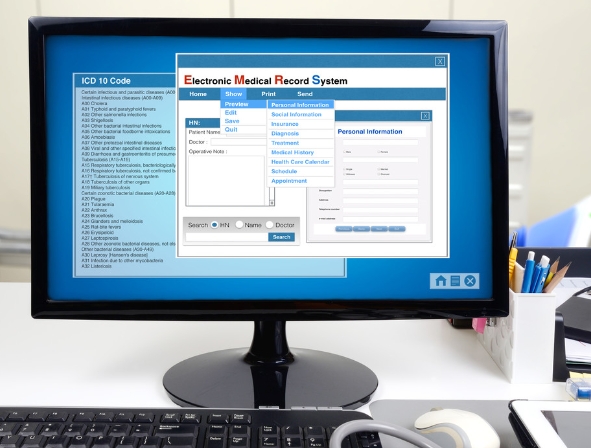Technology is continuously transforming the way we approach healthcare, with the development of health monitoring systems revolutionizing the industry. These systems offer a wide range of benefits for both patients and healthcare professionals.
Early Detection of Health Issues
Health monitoring systems allow for the early detection of potential health issues, enabling prompt intervention and treatment. By monitoring vital signs and other health metrics in real-time, individuals can receive timely alerts if any abnormalities are detected. This early detection can significantly improve health outcomes and reduce the risk of serious complications.
Improved Management of Chronic Conditions
For individuals with chronic conditions, such as diabetes or hypertension, health monitoring systems are invaluable tools for managing their health. These systems can track key indicators, such as blood sugar levels or blood pressure, and provide insights into how lifestyle factors impact these metrics. By continuously monitoring their health, individuals can better manage their chronic conditions and make informed decisions about their health.
Enhanced Patient Engagement
Health monitoring systems empower individuals to take control of their health and engage with their healthcare providers more effectively. By tracking their health data and sharing it with their doctors, patients can have more productive discussions about their health and treatment options. This increased level of engagement can lead to improved health outcomes and more personalized care.
Streamlined Healthcare Delivery
Health monitoring systems also offer benefits for healthcare providers, by streamlining the delivery of care and reducing administrative burden. With real-time access to patient data, healthcare professionals can make more informed clinical decisions and monitor patient progress remotely. This can result in more efficient and effective care delivery, ultimately improving patient outcomes.
Cost Savings
By enabling early detection of health issues, better management of chronic conditions, and streamlined healthcare delivery, health monitoring systems can also lead to cost savings for both patients and healthcare providers. By preventing costly complications and unnecessary hospitalizations, these systems can reduce overall healthcare costs and improve the efficiency of healthcare delivery.
In conclusion, health monitoring systems have the potential to revolutionize healthcare by providing early detection of health issues, improving management of chronic conditions, enhancing patient engagement, streamlining healthcare delivery, and generating cost savings. As technology continues to advance, the integration of health monitoring systems into healthcare practices will be crucial for improving patient outcomes and transforming the healthcare industry.

